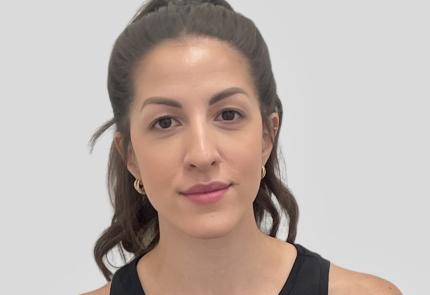Understanding how these behaviours play out on a local level is crucial to develop effective policies and interventions which that empower and support the needs of the local population.
As no known local evidence from Richmond residents exists, Healthwatch Richmond, was commissioned by Richmond Council’s Public Health Division to create a study to investigate the factors influencing healthy living in the community. The study aimed to uncover the needs, barriers, motivations, and influences related to healthy eating, physical activity, alcohol consumption, and smoking cessation among Richmond residents.
What is Healthwatch?
Healthwatch is your health and social care champion. If you use GPs and hospitals, dentists, pharmacies, care homes or other support services, we want to hear about your experiences. We use your feedback to better understand the challenges facing the NHS and other care providers nationally, to make sure your experiences improve health and care services for everyone. We can also help you to get the information and advice and you need to make the right decisions for you and to get the support you deserve.
Wherever you live in England, you’ll have a local Healthwatch. Part of our role in understanding people’s experience is also to conduct research, such as this research project. This type of work is important to us because the findings of this study will influence the healthy lifestyle offer and public health campaigns to support good health and reduce ill-health in the community we support.
Data collection
In this study we focused on demographic groups at higher risk and aimed to identify the extent to which these factors varied across different localities in the Borough of Richmond.
To gather data, we designed a self-administered survey with open-ended questions to allow residents to express their views freely. The survey was distributed through various channels, including hard copies distributed during outreach sessions, engagement in public areas, and postal distribution. Additionally, online survey links were shared via social media and GP text messaging services to residents' phones.
The distribution of the survey was strategically carried out using purposeful sampling in areas with higher levels of deprivation and populations at risk. With this approach we aimed to capture a diverse range of perspectives and between May 2022 and July 2022, we received a total of 815 responses.
To delve deeper into the survey findings and to understand the interventions that could be designed from the findings, we also conducted focus groups. These groups involved 22 survey respondents and representatives from the Council's Public Health Division.
By utilising a combination of methods, including surveys and focus groups, we were able to collect robust qualitative data, ensuring a thorough exploration of residents' experiences and insights.
Study findings
Localities
Surprisingly, our research revealed that healthy living needs in Richmond were not solely determined by locality. In fact, the findings demonstrated remarkable consistency across the borough, with residents experiencing similar influences and barriers regardless of their location.
Although collecting full postcode-level data could provide more detailed insights in this type of research, it presents challenges due to the complexity and large number of postcodes in areas like Richmond. Nonetheless, the study highlighted the residents' strong desire for local support and services, even when locality itself wasn't the driving force behind differences.
Healthy eating
Among the lifestyle factors examined, healthy eating emerged as the area where individuals had made the most behavioural changes in the past. Participants expressed their desire to maintain and improve their current health in order to age healthily, achieve weight loss and improved appearance. Although many residents utilised multiple sources of information, such as social media and blogs, professional support was identified as a key influencer for improving eating habit alongside motivation from friends and family.
Despite Richmond being perceived as a relatively affluent borough, many participants had concerns about the expense of a healthy diet and emphasised the necessity of more reasonably priced groceries, and better access to healthy food in their local area to improve their diet.
